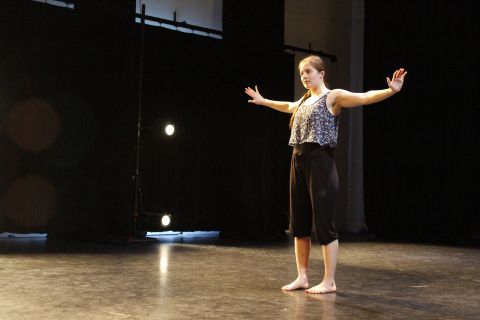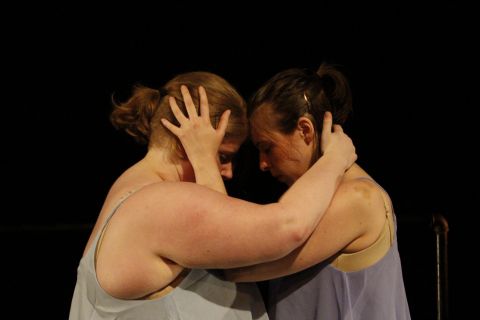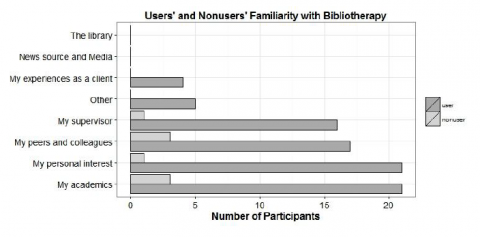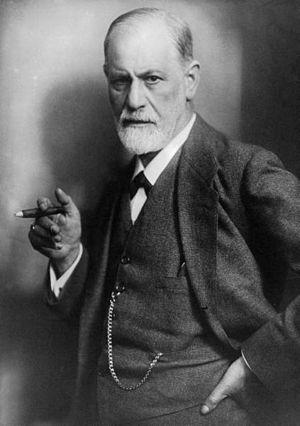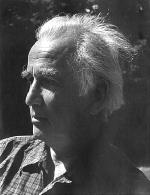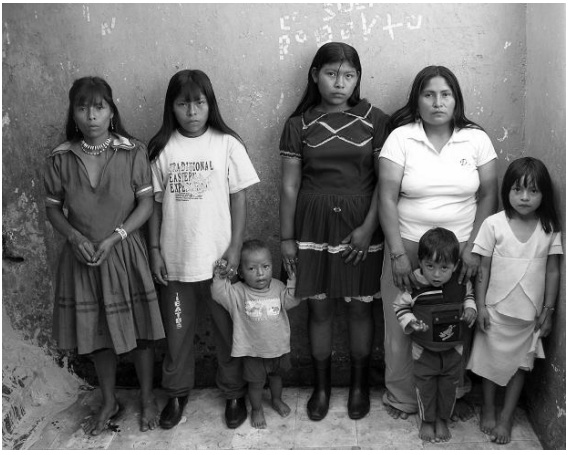Psychology
Psychology is distinguished from other fields in the social sciences by its emphasis on a person’s individual experience in understanding phenomena.
Historically, a number of perspectives on psychology have arisen and thus there are many sub-fields and approaches. Marlboro student who chose to focus on psychology typically gravitated toward one of four tracks: counseling, developmental psychology, experimental psychology, or education.
As a traditional offering within the liberal arts curriculum, psychology was well-supported by other disciplines. Students were encouraged to study broadly, to follow issues, phenomena, and problems across disciplines in the social sciences, and even across fields in interdisciplinary projects. For example, students combined psychology and the arts, especially theater, dance, and the visual arts. Other combinations included biology and psychology, and humanities and psychology—especially literature, history, and philosophy.
While introductory courses focused on the fundamentals of educational psychology, child development, and the history of the field, intermediate and advanced classes included Abnormal Psychology, Perception of the Environment, and Seminar on Cognition. Tutorials ranged from neuroscience to post-traumatic stress disorder, from constructions of religious experience to research methods for psychophysics.







